Sherlock Holmes: Chapter One
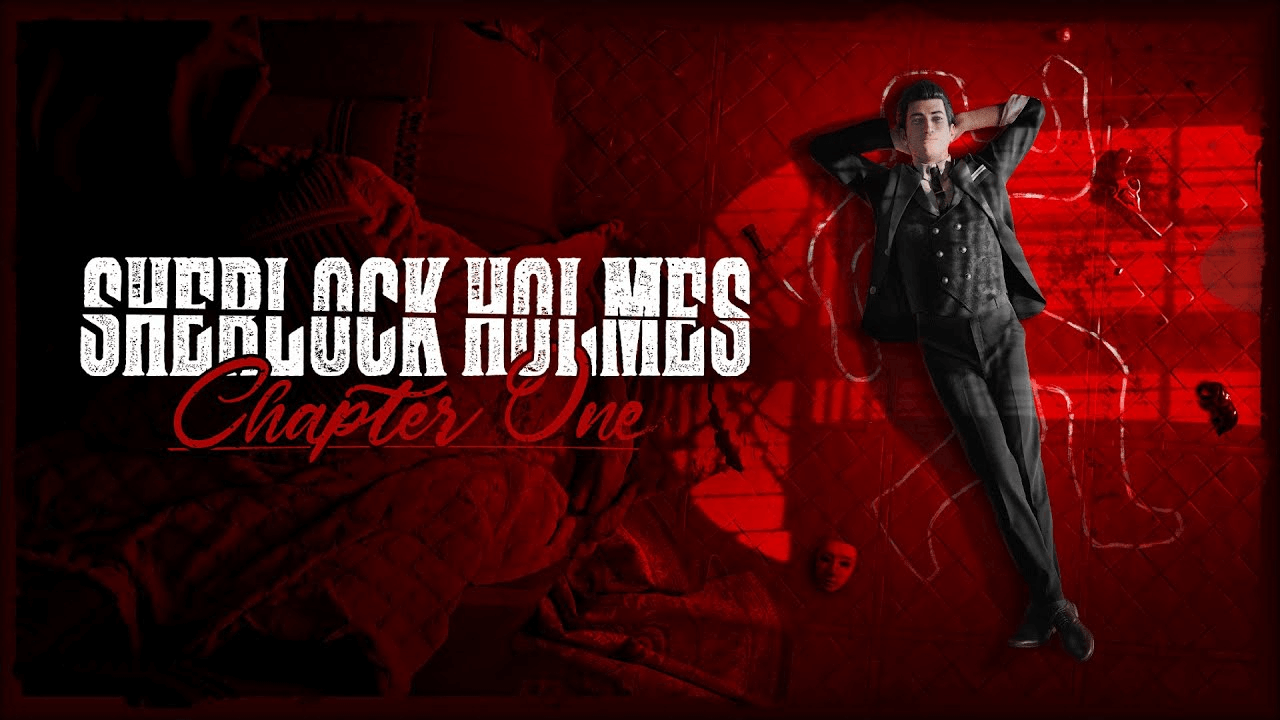
Sherlock Holmes: Chapter One - The Young Sherlock's Young Adventures
The Sherlock Holmes series of games has been around for more than twenty years. From primitive by modern standards quests to detectives in the open world - all these years Frogwares has been doing it.
Players were given to visit both Lovecraftian worlds and projects based on the famous writer Arthur Conan Doyle. Such long-running series have both advantages and disadvantages. On the one hand, for so many years the developer knows the material thoroughly, does not rush into anything and has a preliminary view of the upcoming project. On the other hand, for the end user there is a risk not to get into the series, not to understand what is going on here. The plot may be sharpened to reveal details from the previous part, to reach a climax in which a newcomer will find neither logic nor meaning. Sherlock Holmes: Chapter One solves this problem in a peculiar way...
Sherlock Holmes's First Case
In the game we see a very young Sherlock, about twenty-one years old. Despite his young age, Holmes already has some knowledge in forensics, chemistry, shooting, and his famous deductive method of investigation has already become his calling card.
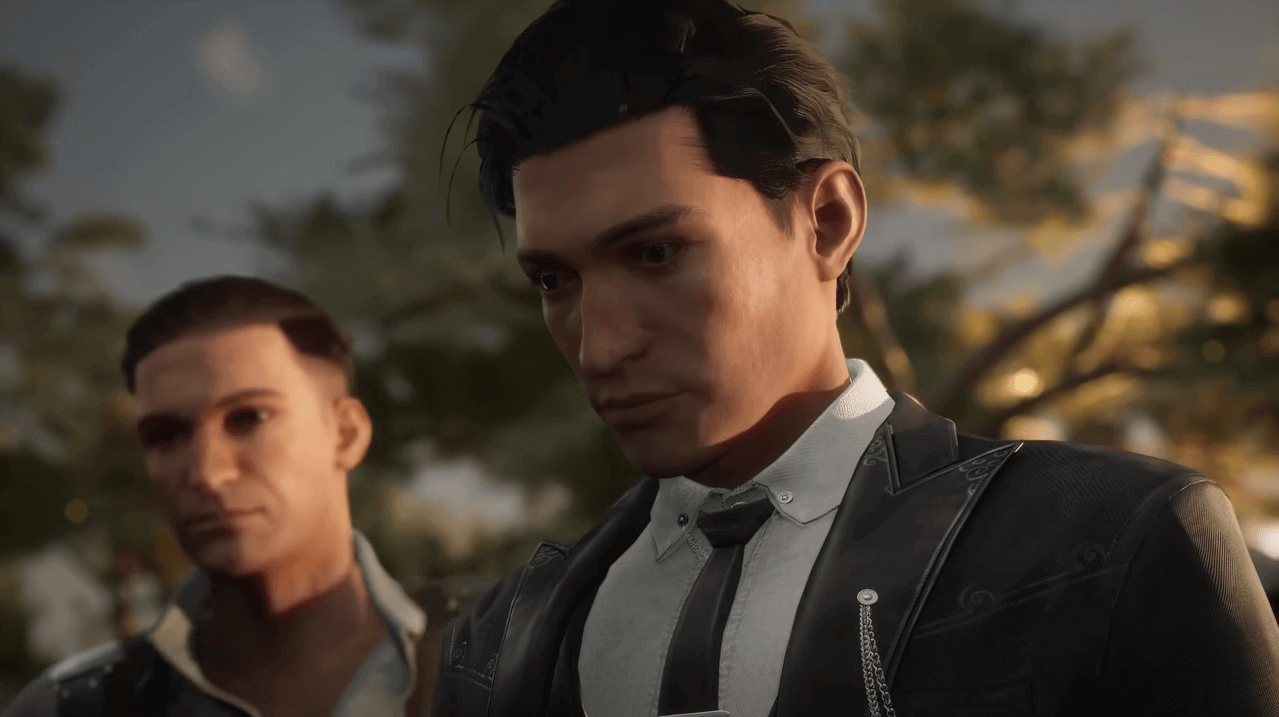
Holmes, accompanied by a friend named John (not to be confused with Dr. Watson, he is not in the game), travels to Cordons Island to the address of his family's mansion. At the decrepit mansion, young Holmes wishes to visit his mother's grave, but finds a clue to a family mystery - which will be the main motivation throughout the game.
Holmes's brother says that his mother died of tuberculosis, but our Sherlock does not believe it, because the relations between the brothers have not been very good all these years.
On the island of Cordons Holmes and Johnny settle down in a hotel, and immediately they get their first case, and thus an opportunity to prove themselves; hence, an opportunity to earn some money.
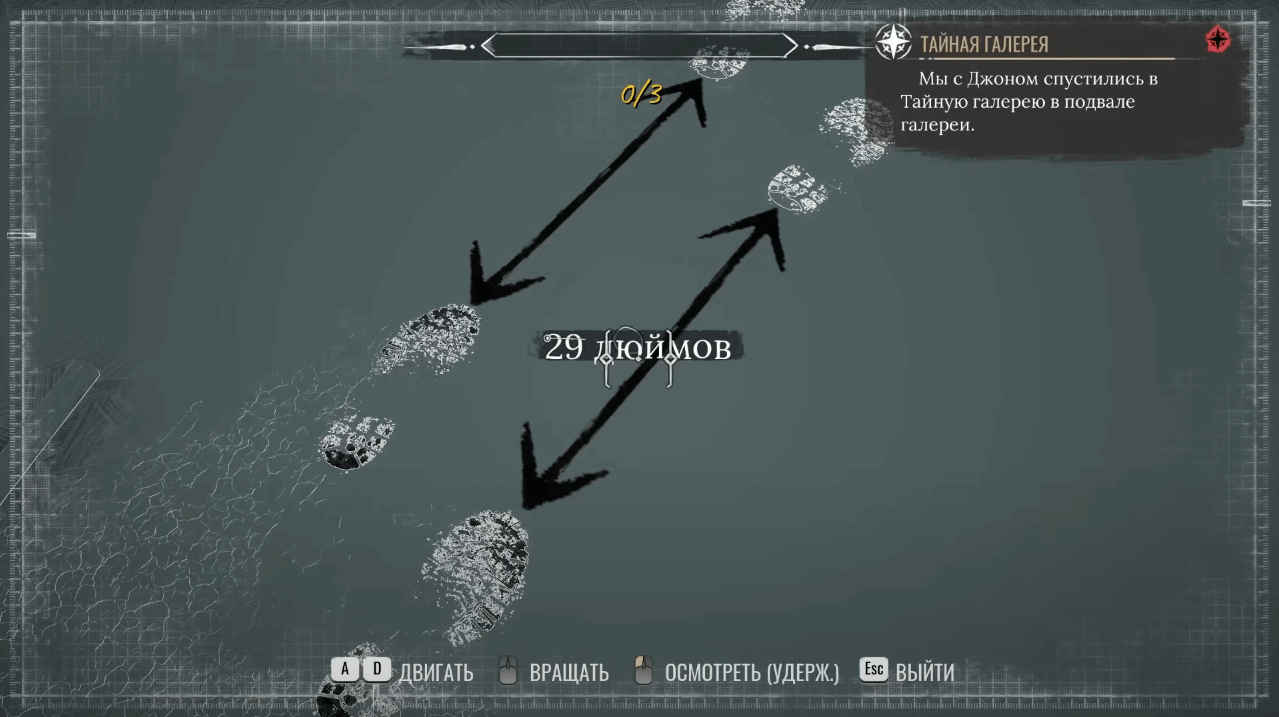
Why does Sherlock Holmes need money? Wouldn't it have been easier to make money where he lived? No, it wouldn't. The possessions from the family mansion have long since been sold off at auction, and Sherlock needs all the gadgets and items to close his childhood traumas. Finding lost things is not a whim of Sherlock's youthful maximalism, but the only way to learn about his past and find peace of mind.
Elementary, Watson... I mean, Johnny.
Our companion John, on the other hand, is not real, but rather imaginary. I didn't keep this plot twist a secret. It becomes obvious from the first trailer and is already written in huge letters in the prologue.
Narratively, John serves as the only friend of Holmes. In the game John does almost the same thing as we're used to seeing when he plays Watson: he praises our deductive skills or scolds us that Holmes is "trying to hit the bull's-eye again", but the game doesn't give any direct hints to the player and sometimes just humps him. Overall, John comes off as a cardboard character and is only amused by his antics. But what you can't stand to brighten up your loneliness...
Detective adventure is a rare genre.
And now about what we will directly do in the game itself. Despite the fact that Sherlock Holmes: Chapter One is an open world game, but fortunately we will not see any clearing of towers and grind resources.
The whole Sherlock Holmes: Chapter One is divided into main and side quests. And if the quality of the main quests does not cause criticism, the quality of the secondary ones does not come up once upon a time.
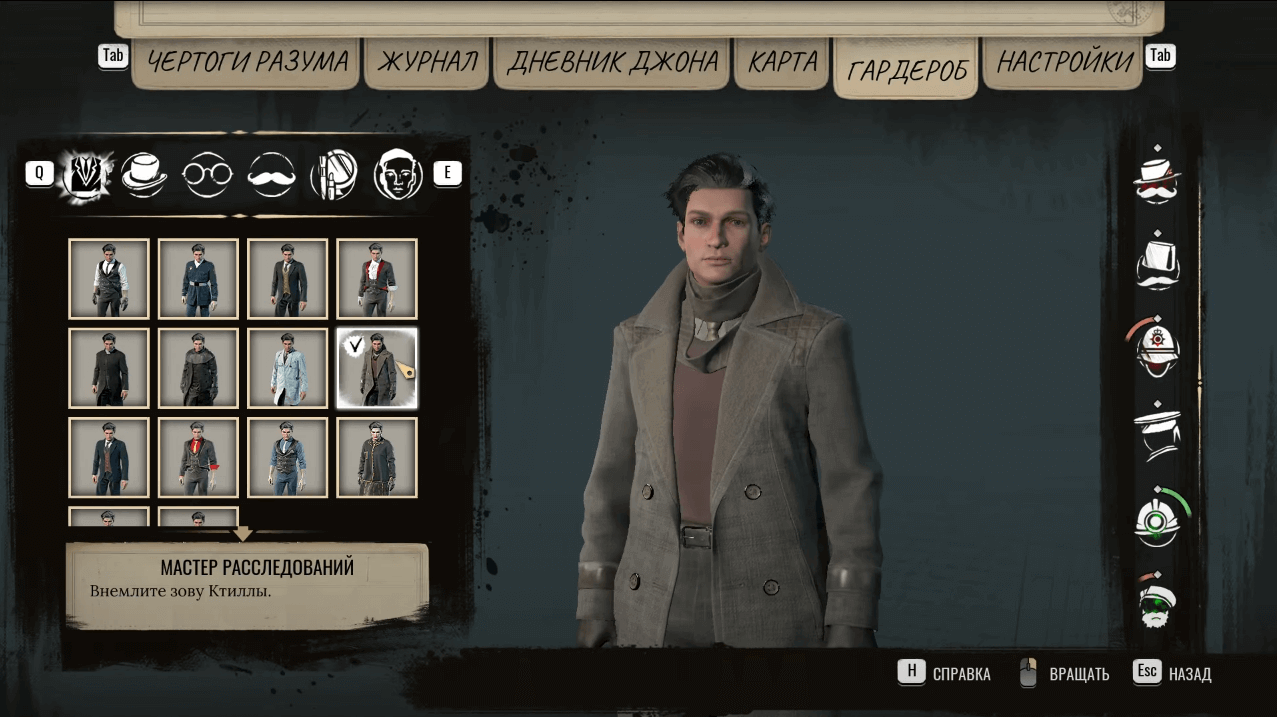
At the beginning of each case, we examine the crime scene, find clues, and try to piece together the big picture in the "mental chambers," a system where the player combines all the clues into the conclusion "who the culprit was. And there are no right or wrong outcomes in the game, we learn about the consequences from newspaper clippings. Criminals do not admit their guilt. The only way to find out if you've blamed the true villain is to guess at the reward for the task you've completed. If you paid well - you're good, if you paid little - well, it doesn't happen...
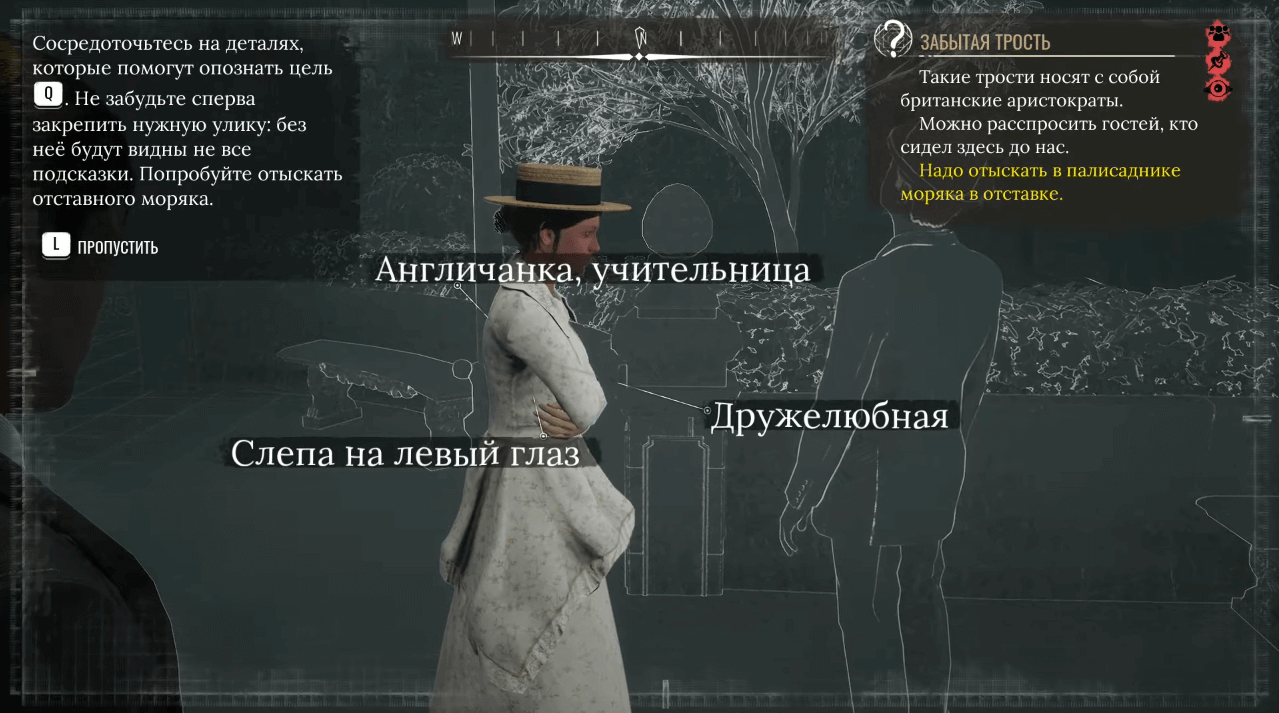
We could use the money to buy costumes. The system with dressing up was actively advertised, but in fact it turned out to be somewhat naive: we need to enter a poor neighborhood with working people - change into working-class clothes; we need to communicate with wealthy people - dress up, and the attitude to you will immediately change. But the clothes are not free, so you can't do the secondary tasks completely, because you don't have enough money.
Sometimes we'll have to make a chemical analysis of the object, for this the game provides a small mini-game based on simple arithmetic. Otherwise, we will collect information in the notebook and choose the activity before the action.
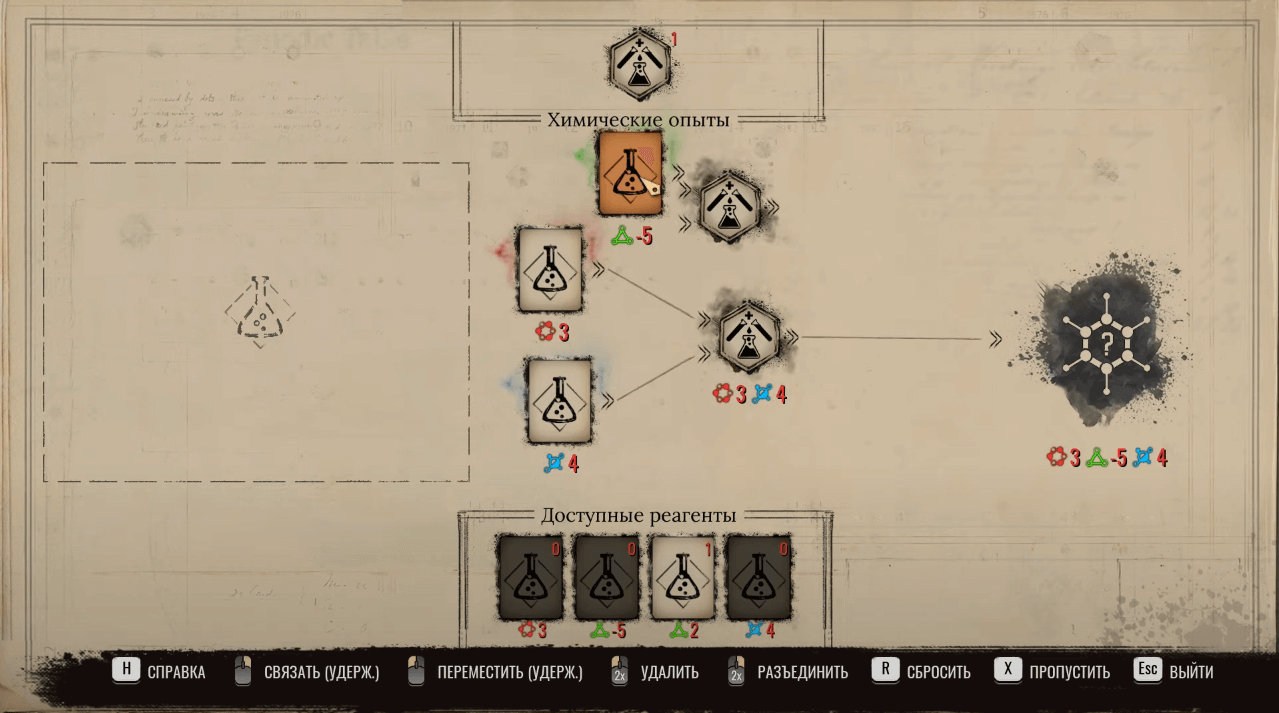
In contrast to L.A. Noire, Sherlock Holmes: Chapter One is a bit of a brainstorming game, which does not detract from the pixielhunting in both games. But Sherlock Holmes: Chapter One is inferior to L.A. Noire, so it is in the combat system.
It is implemented on the principle of QTE: you slow down time, shoot the vulnerable places of the enemies, stun, and then arrest them.
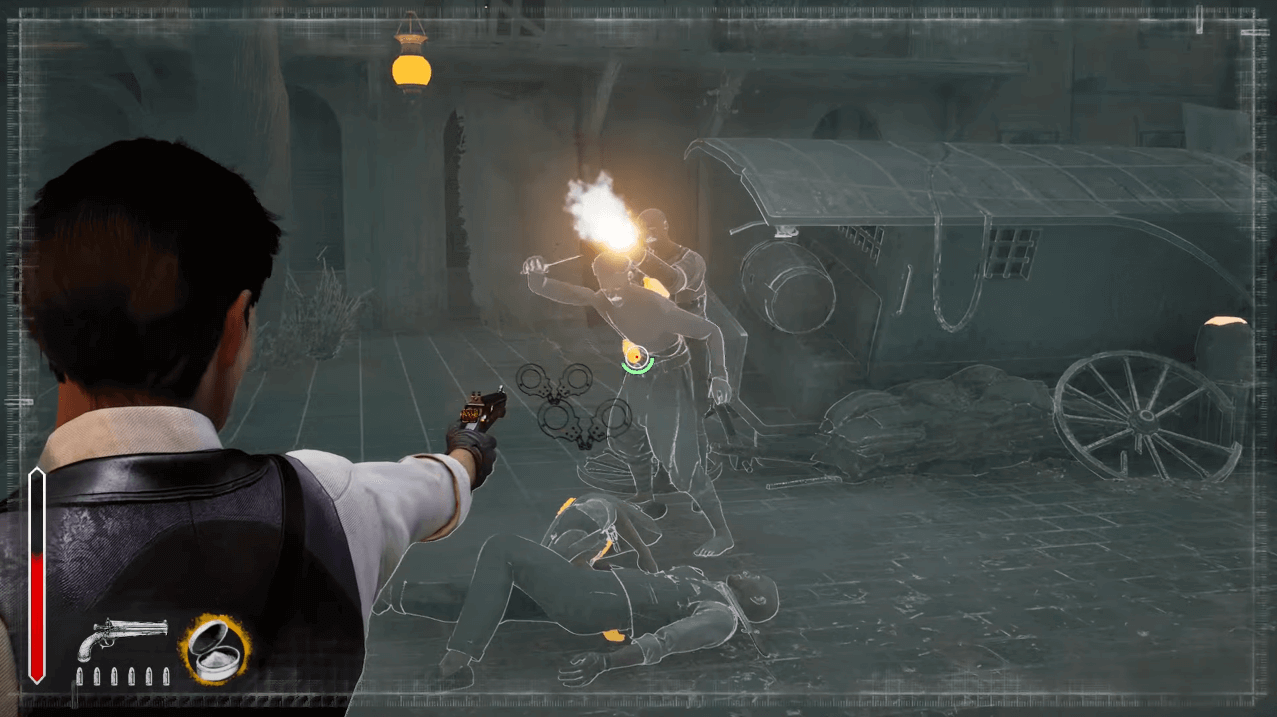
The shooting in Sherlock Holmes: Chapter One is so bad that the developers allowed to turn it off altogether. Apparently, Frogwares themselves realized that they pulled the mechanics by the ears and decided not to anger the players. Fortunately, there isn't much action in Sherlock Holmes: Chapter One, but a lot...
Oh, this island of Cordons...
...many beautiful places with diverse neighborhoods. The first time you open the map, you'll probably think it's huge. You might have the suspicion that you're in for another open-world "game" with all that entails, but if you walk forward a few seconds, you'll find that you've already gone a couple of blocks.
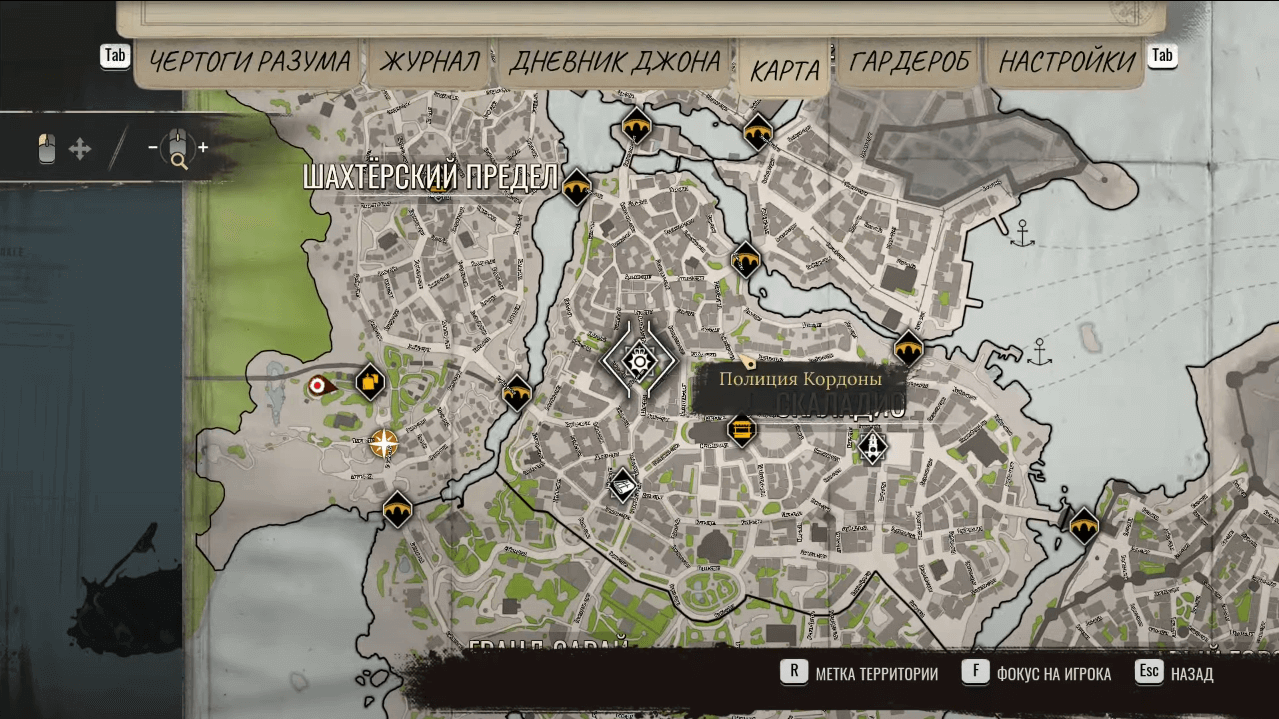
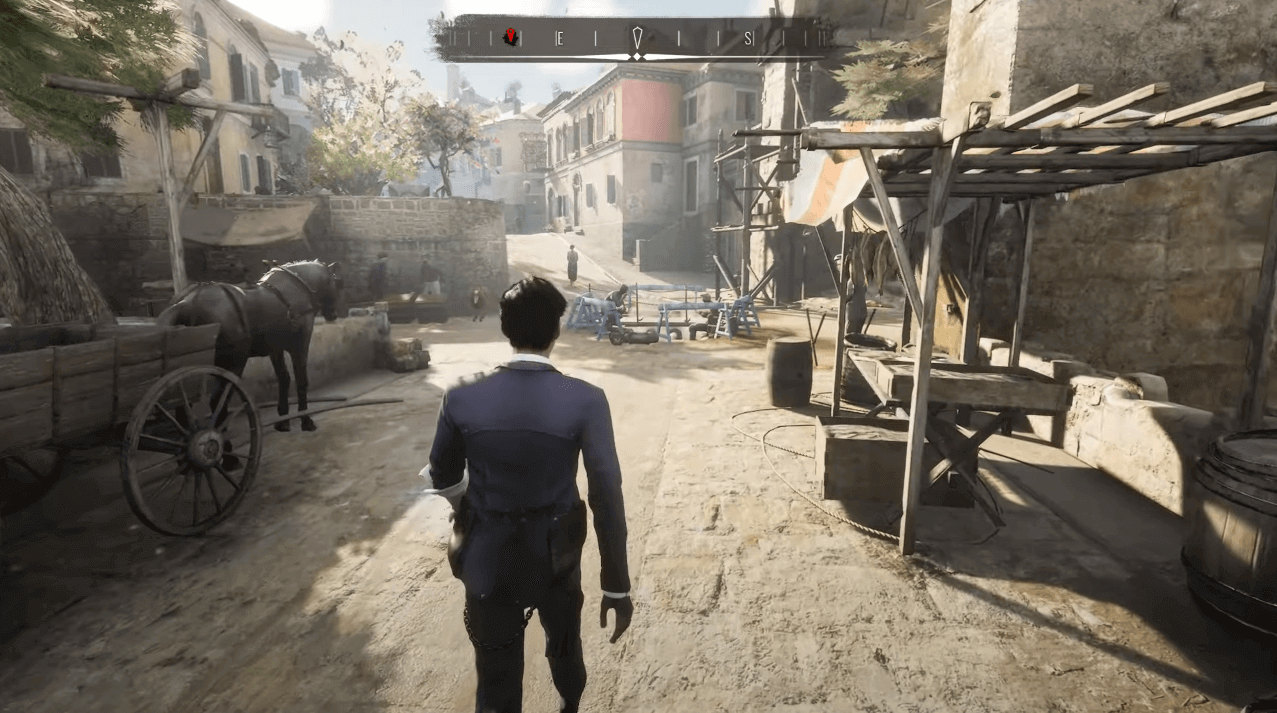
The developers may have spared money on the extras - NPCs here have practically the same faces - but they didn't save money on the architecture of the city. The graphics in Sherlock Holmes: Chapter One are a sight to behold. At first you just want to walk around the city... Until you notice that the building over there exactly repeats the neighboring one. As everywhere else, the open world in Sherlock Holmes: Chapter One still suffers from a small amount of lively content and does not create the effect of a living city. But here, too, Frogwares have acted wisely: they have added fast-travel points at almost every turn. The moment you get bored with Cordons Island, you'll have no need for aimless, dull walks.
From time to time you'll have to search for places on the map yourself, navigating the area by street names - no built-in markers, mark everything yourself. This mechanic is very much to Sherlock Holmes: Chapter One's advantage, but would be completely unnecessary in regular open-world games.
Is Sherlock Holmes: Chapter One worth buying?
Sherlock Holmes: Chapter One is an interesting project, but I would not strictly recommend buying at full price. The game will suit those who are hungry for quality detective stories. Some parts of the game have some rough edges, some parts of Sherlock Holmes: Chapter One is "overplayed" by the abundance of drama, and some parts are boring. Nevertheless, the overall impression of the game is positive. At least, because you will know why Sherlock smokes his famous pipe and how he got his famous violin. And the meeting with Watson... You may read about the meeting with Watson in the book.
